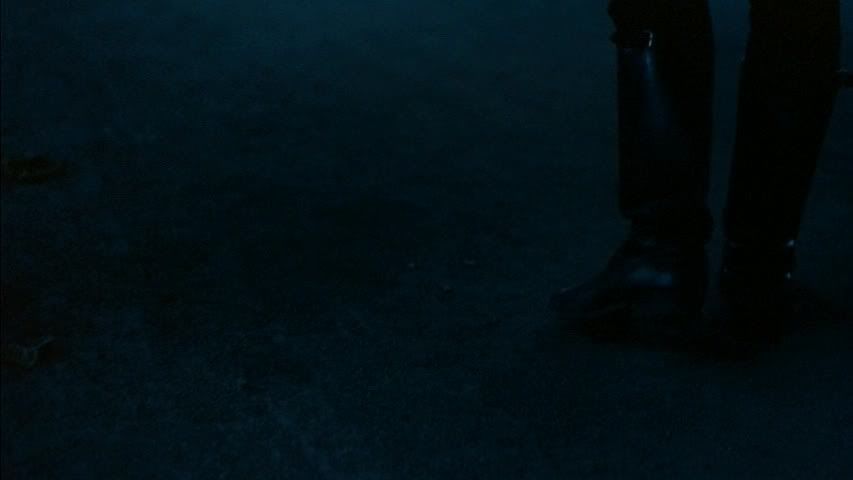

Nearly all of Rainer Werner Fassbinder's many films revolve around the human need for love, affection, respect, and acceptance, but perhaps none of his films treat this subject with the intense focus of In a Year With 13 Moons. It is arguably one of Fassbinder's most personal films, a direct response to the suicide of his lover Armin Meier, and Fassbinder not only wrote and directed it but handled the cinematography on one of his own films for the first time (the only other film he shot himself was The Third Generation). The result is one of the director's most visually sumptuous films, as well as his most harrowing melodrama, rigidly structured as a series of set pieces in which the transsexual Erwin/Elvira (Volker Spengler) tries to make sense of his/her shattered life. Erwin is the archetypal Fassbinder hero(ine), so desperate for love and attention that when his straight friend Anton (Gottfried John) offhandedly jokes that they could get together if only Erwin was a woman, the naïve Erwin takes him at his word. He goes to Casablanca for an illicit operation and comes back as Elvira, but Anton doesn't know what to make of his friend's literal-mindedness, and rejects him. The film is set many years later, as Elvira attempts to recover from yet another horrible break-up. She is floundering, often uncertain about her sexual identity; Erwin didn't want to be a woman so much as he just wanted to be with Anton, but now he's trapped between genders.
The film is structured as a spiritual journey or epic quest, with Elvira engaging in emotionally and psychologically fraught encounters with both strangers and figures from her own life: her prostitute friend Zora (Ingrid Caven), her wife (Elisabeth Trissenaar) and daughter (Eva Mattes), the nun who raised her as a foster child (Fassbinder's own mother Lilo Pempeit), and of course Anton himself. In one of the film's most bizarre scenes, the mysterious Anton is revealed as a reclusive real estate developer who enacts strange musical numbers with his troop of bodyguards: it's an unsettling mixture of fascist goose-stepping with gay pageantry, with Anton portrayed as martinet whose economic power has gone to his head. If Elvira is Fassbinder's archetypal victim, Anton is the corresponding oppressor and user, an upper-class economic leech who screws over his employees and those who get in his way just as casually and thoughtlessly as he emotionally screwed over Elvira.

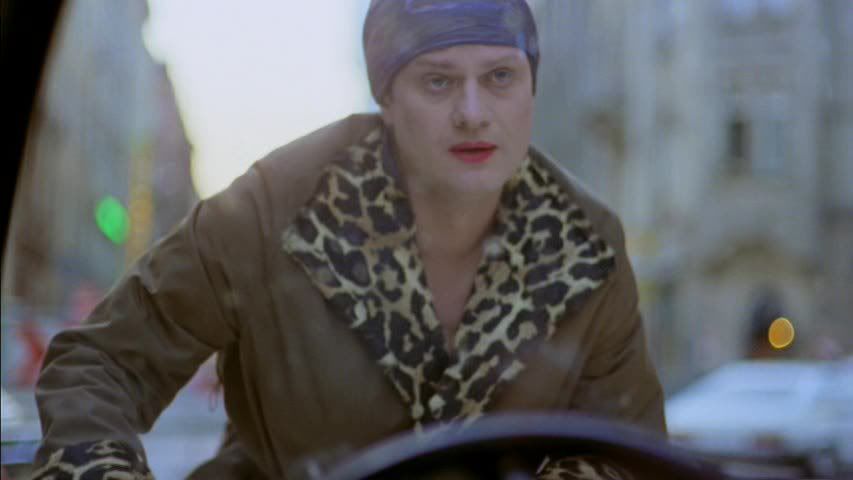
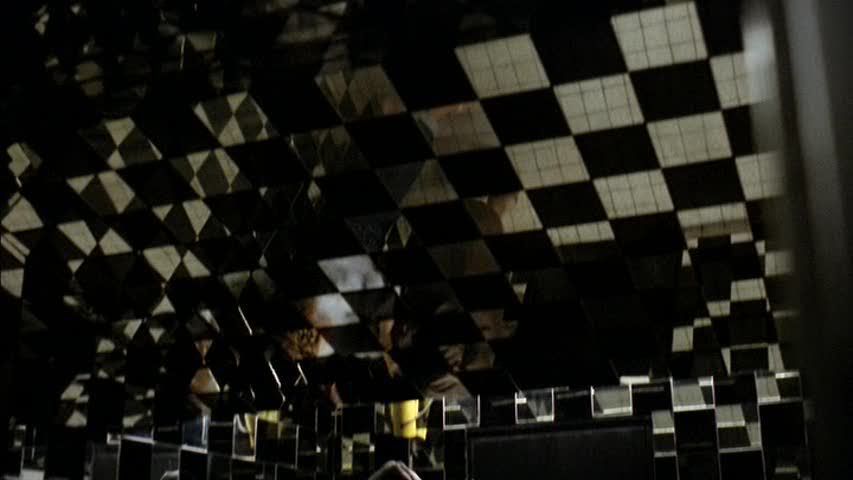
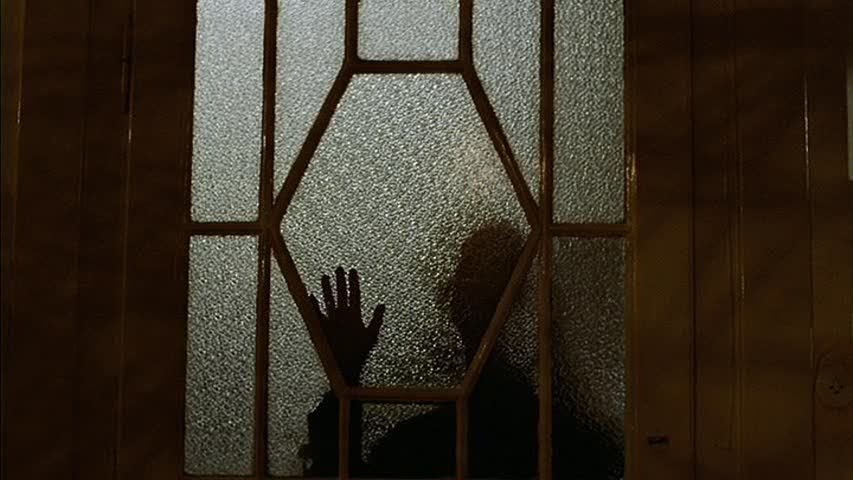
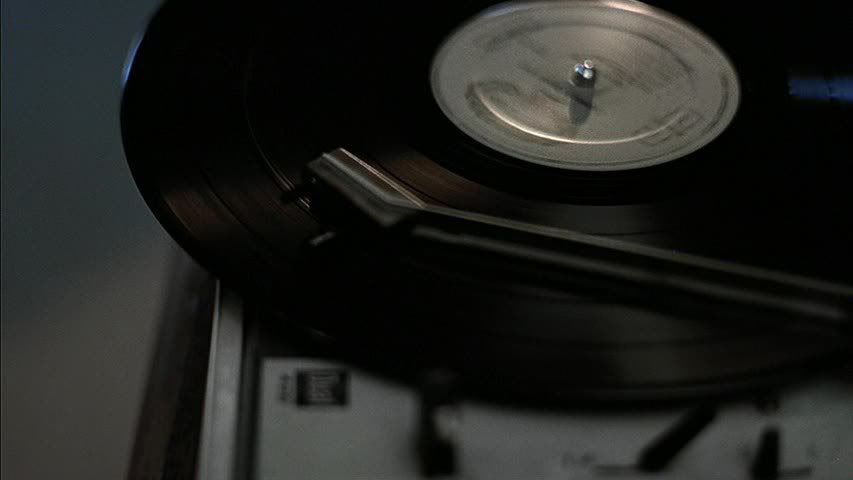

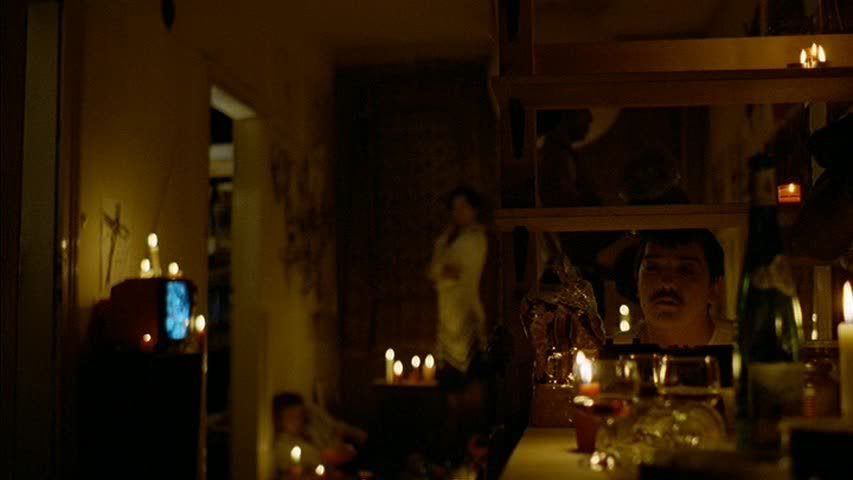
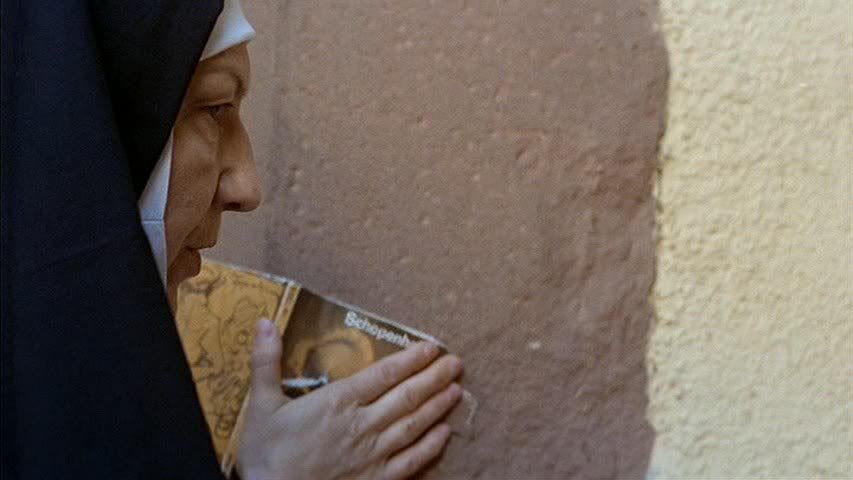
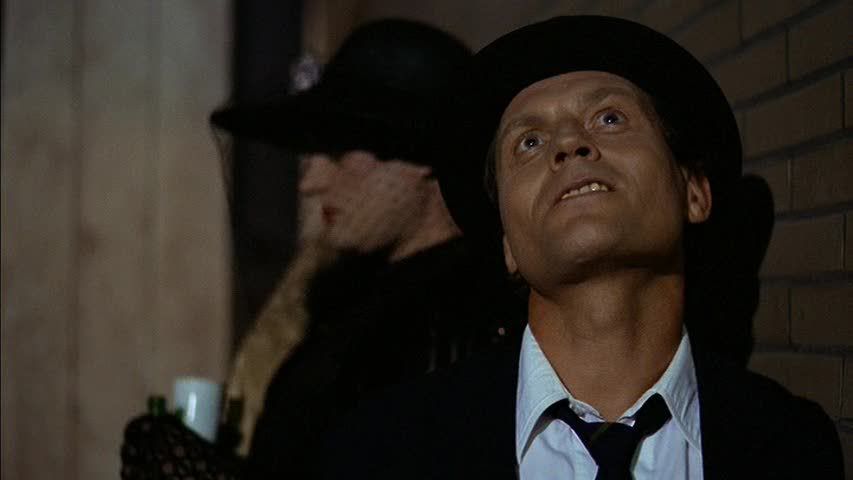


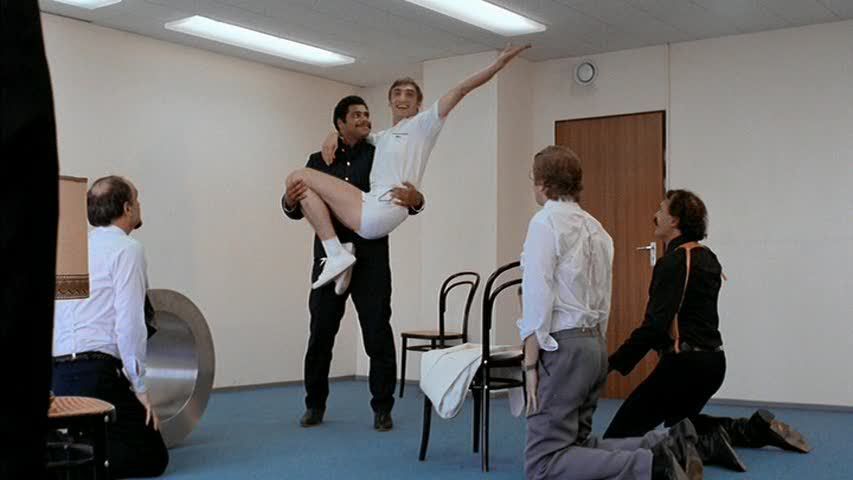

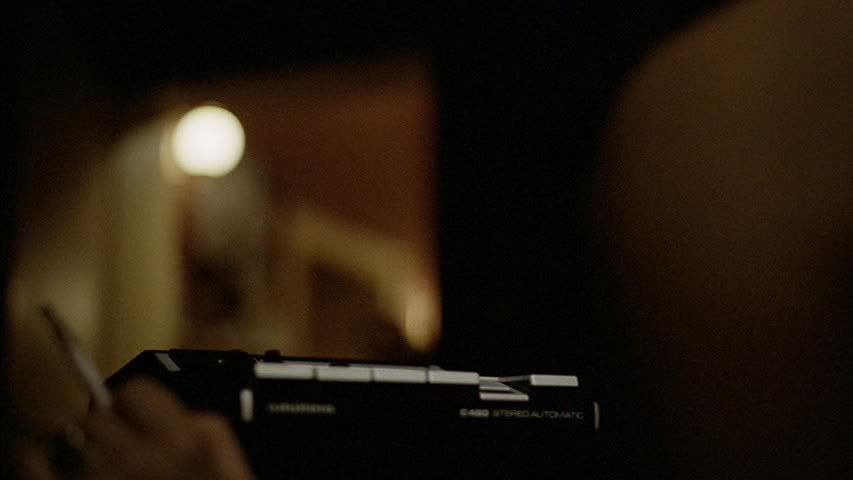


6 comments:
I really need to see more Fassbinder. Just looking at images from his films freak me out. The color is always so bizarre...maybe thats the film stock of the time, but it certainly adds something for me.
"In A Year With Thirteen Moons" (or any Fassbinder, for that matter) is best watched alone on a Saturday morning with a terrible hangover, preferably when you've done something really regretful the night before.
Superb film, one of Fassbinder's best and probably his most personal. To think about what he achieved creatively in such a short space of time is frightening. He's one of the first rate directors for sure.
One of my own favorites of all his films, but a sad, bleak and cruel film that does showcase as you state some of the director's most sumptuous images. I quite agree with this:
"The result is one of the director's most visually sumptuous films, as well as his most harrowing melodrama, rigidly structured as a series of set pieces....."
Perhaps BERLIN ALEXANDERPLATZ is Fassbinder's greatest achievement, but of his standard running films, this certainly rates up their with FOX AND HIS FRIENDS, MERCHANT and ALI. It's a masterpiece.
An instant admission here in the Howard Hall of fame.
In a more recent review you called Fassbinder's [i]Querelle[/i] was perhaps his most unsuccessful film. However, I have to say that I was most disappointed by this one. In light of films like Fox and his Friends, The Third Generation, The Bitter Tears of Petra Von Kant and even Satan's Brew this film is incredibly generic.
R.W. Fassbinder’s “In a Year of 13 Moons” is dedicated to the analysis of the psychological nature of self-sacrificial love that is personified by the main character Erwin whose childhood was mutilated by the fact that he was abandoned by his mother and later on as a boy met with other situations that resonated with the primal rejection. Fassbinder scrupulously describes how Erwin’s childhood influences his behavior as an adult (including his decision to make a sex change operation to please the person he was in love with). In US today, sex change operations have become more widespread than before and even a popular topic of TV talk shows. For this reason for us, Americans of 21st century, it’s especially important to learn what Fassbinder thought about the readiness to maim the body so as to be in tune with the conventional morals or fashion. Erwin was not able to respect his homosexual desire and in a conformist way blamed his biology for not corresponding to “his true nature”. His sex change operation is a result of his inability to take responsibility for his unconventional sexual desire. The wider concerns of the film are the human ability to make genuine existential decisions instead of “choosing” between conventional ones and even more difficult the capacity to judge one’s decisions retrospectively as wrong. This film about Erwin/ Elvira‘s unique destiny can help us to contemplate about human life in general and our personal scripts inside it. Volker Spengler playing Erwin/Elvira impersonates the human soul wandering in between genders, as common denominator of a man and woman. It is an important step towards a new kind of humanity that refuses to be dichotomized into machos and pussycats. As always, in this film Fassbinder manages to make individual problem into a universal issue, and generously uses visual symbolism to make the points about human psyche, life, society and psychology of morality, amorality and immorality. Please, visit: www.actingoutpolitics.com to read about “In a Year of 13 Moons” and other Fassbinder’s films (with analysis of the shots), and also essays about films by Godard, Resnais, Bergman, Bunuel, Bresson, Kurosawa, Pasolini, Antonioni, Cavani, Alain Tanner, Anne-Marie Mieville, Bertolucci, Maurice Pialat, Herzog, Wenders, Ken Russell, Ozu, Rossellini, Jerzy Skolimowski, Moshe Mizrahi and Ronald Neame.
By Victor Enyutin
Post a Comment